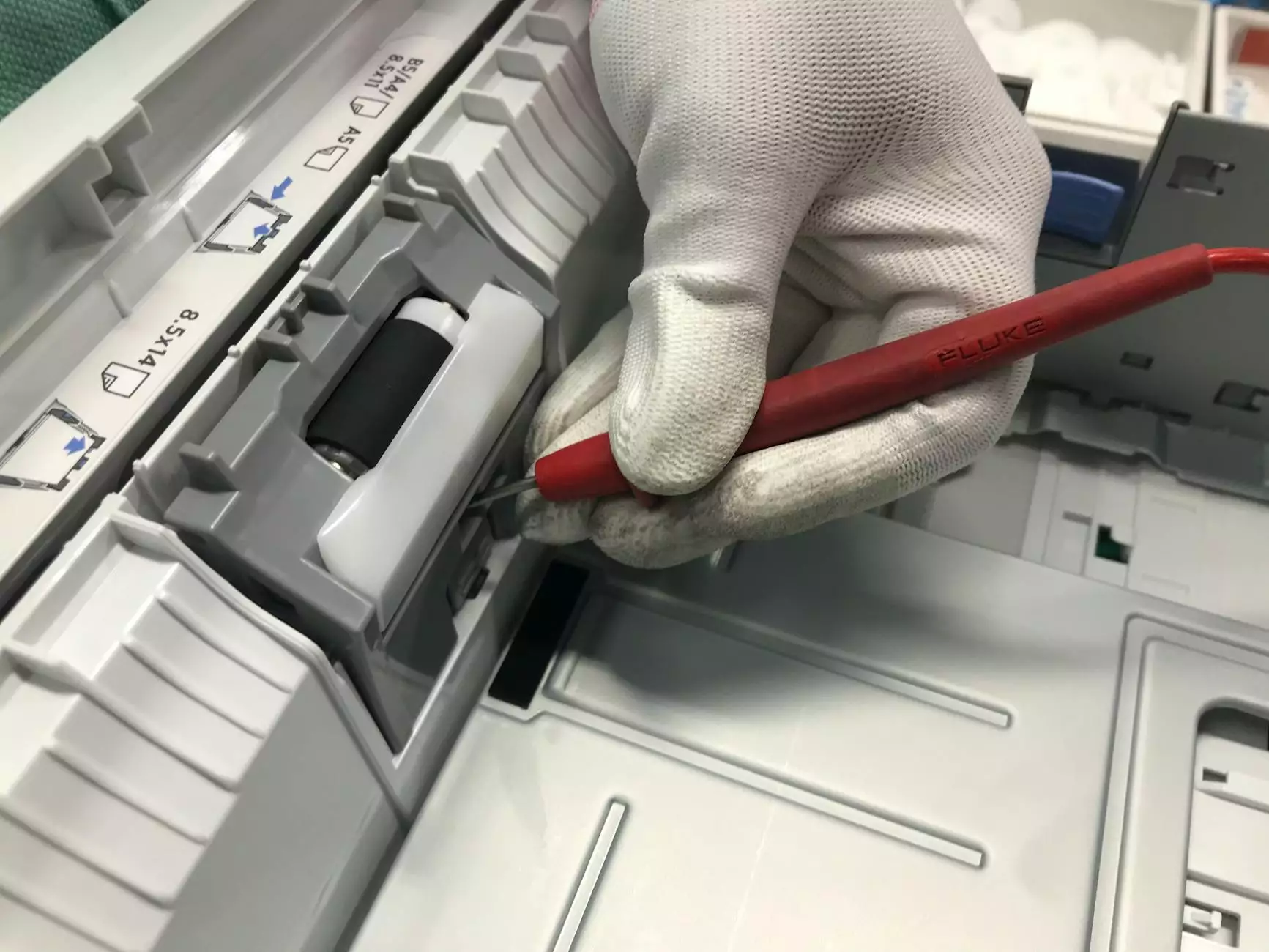The Allure and Business Potential of Slot Machines

In the vibrant universe of casinos, few gaming devices capture the imagination like the slot machine. These colorful machines with their enticing lights and sounds have long been a staple of the gaming industry, not only providing entertainment to millions but also generating significant revenue for businesses worldwide. This article delves into the history, mechanics, appeal, and future trends of slot machines, highlighting their transformative impact on both players and casino operators.
A Brief History of Slot Machines
The story of slot machines dates back to the late 19th century. Charles Fey, a mechanic from San Francisco, invented the first true slot machine in 1895. Known as the "Liberty Bell," it featured three spinning reels and a single payline. Players would pull a lever to set the reels in motion, hoping to align three Liberty Bells for the jackpot. This simple yet engaging concept laid the foundation for the modern slot machines we know today.
Understanding the Mechanics of Slot Machines
The mechanics behind slot machines have evolved tremendously from the days of Charles Fey. Modern machines utilize advanced technology, boasting intricate software and Random Number Generators (RNGs) that ensure fair gameplay. Here’s how they work:
- Random Number Generators (RNG): This is the core technology of any electronic slot machine. RNGs generate thousands of potential outcomes every second, ensuring that each spin is completely random and fair.
- Reels and Symbols: Contemporary slot machines typically feature 5 reels and a variety of symbols, each associated with different payout values. The combinations of these symbols determine the game's outcome.
- Paylines: Unlike traditional machines that often have a single payline, modern versions come with multiple paylines, giving players the opportunity for more ways to win.
- Bonus Features: Many machines now come equipped with a variety of bonus features, including free spins, multipliers, and themed mini-games that enhance the player's experience and potential winnings.
The Psychology Behind Slot Machines
The appeal of slot machines is not just in their flashing lights and thrilling sounds; it is deeply rooted in psychology. Several factors contribute to why players are drawn to these devices:
The Thrill of Uncertainty
The structure of slot machines taps into the excitement of unpredictability. Players engage in what is known as variable reinforcement, where the outcome of their spins is unknown, leading to heightened arousal and engagement.
Visual and Auditory Stimuli
The design of slot machines is carefully crafted to create a sensory-rich environment. Bright colors, engaging sound effects, and celebratory animations upon winning amplify the overall experience, making it more enjoyable and memorable.
Player Autonomy
Unlike many other casino games that involve significant strategy or skill, slot machines offer players complete control. Players can choose their bet sizes and the machine they wish to play. This autonomy fosters a sense of empowerment and engagement.
The Business of Slot Machines
For casino operators, slot machines represent a crucial revenue stream. Here’s an in-depth look at the business opportunities they provide:
High Return on Investment (ROI)
Slot machines are cost-effective to install and maintain, and they generally yield a high return on investment for casinos. The house edge for slot machines can range from 2% to 15%, depending on the machine configuration and payout structure, ensuring consistent revenue flow for operators.
Diverse Market Appeal
The diverse themes, designs, and gaming options related to slot machines attract a wide demographic. From classic fruit machines to sophisticated video slots based on popular TV shows and movies, the extensive range appeals to different tastes and preferences, widening the player base.
Innovation and Technology
As technology advances, so does the allure of slot machines. The integration of digital marketing strategies, loyalty programs, and player tracking systems has transformed how casinos engage with their clientele. Online casinos have also embraced virtual slot machines, allowing players to enjoy their favorite games from the comfort of their homes, further expanding the market.
The Future of Slot Machines
Looking ahead, the future of slot machines is poised for remarkable evolution. Here are some trends projected to shape their trajectory:
Technological Integration
As artificial intelligence and virtual reality technologies become more prevalent, slot machines are likely to evolve to offer even more immersive experiences. Enhanced graphics, immersive soundscapes, and player interaction may redefine the way players engage with these games.
Social Gaming
Social elements are increasingly important in gaming. Features that allow players to compete in tournaments or interact with friends while playing slot machines can significantly enhance user engagement. Online platforms are likely to incorporate more social aspects, allowing players to share achievements and experiences.
Sustainability and Fair Play
With a growing focus on ethical gaming, the industry may see a rise in transparent practices. Casinos can improve their reputations by promoting responsible gambling initiatives and ensuring fair play. This approach not only benefits the players but also the businesses in maintaining a loyal customer base.
Conclusion
The world of slot machines is vibrant and continuously evolving, combining elements of technology, psychology, and entertainment to create an engaging experience for players. For casino operators, slot machines present significant business opportunities, driving revenue and attracting diverse clientele. As the industry moves forward, embracing innovation and focusing on player engagement will be crucial in maintaining the allure of these fascinating machines.
By understanding the intricacies of slot machines, both players and businesses can reap the benefits of this engaging form of gaming for years to come.






